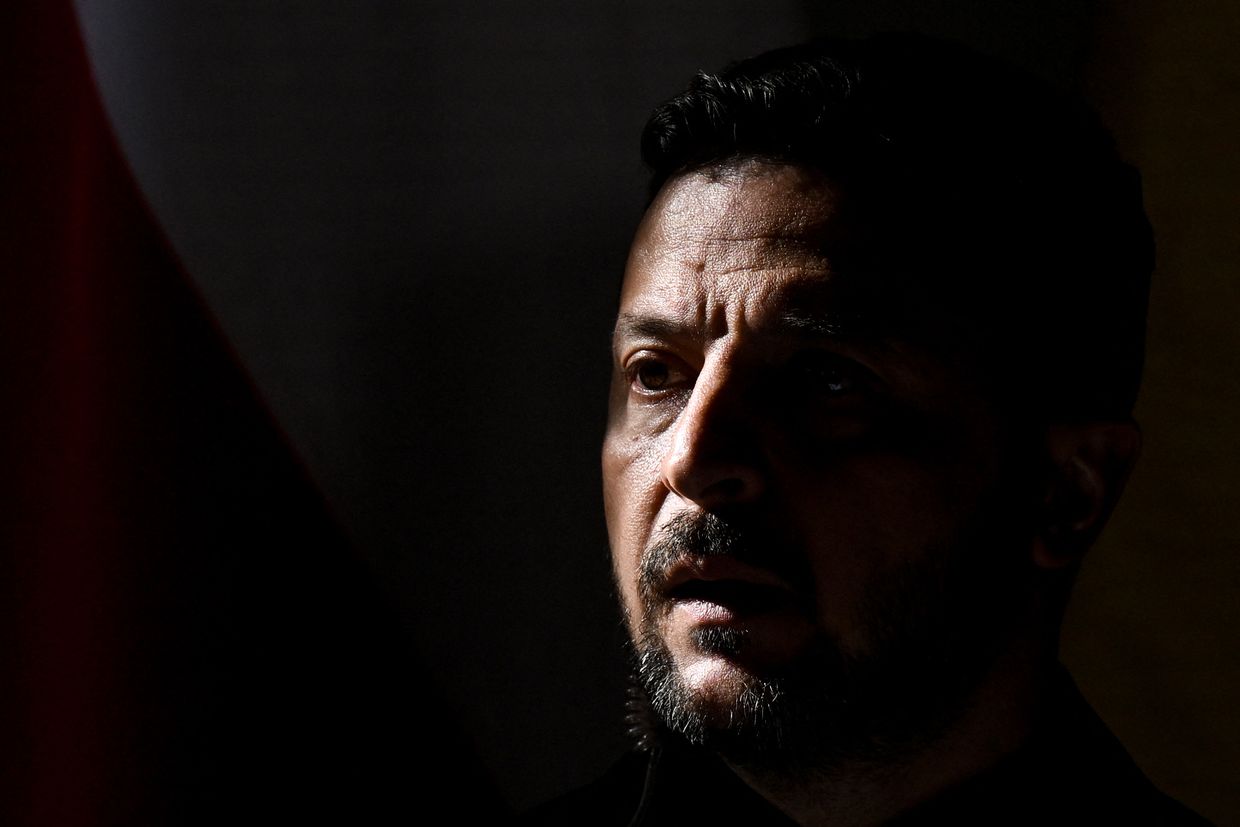EU privately warns Ukraine anti-graft agencies law is a setback for membership talks, media reports

The EU has privately warned Ukraine that its new law curtailing independence of anti-corruption bodies undermines the country's EU membership aspirations, European Pravda reported on July 23, citing undisclosed EU sources.
EU officials reportedly expressed alarm over the legislation, which grants the prosecutor general sweeping powers over the National Anti-Corruption Bureau (NABU) and the Special Anti-Corruption Prosecutor's Office (SAPO). The bill prompted widespread protests across Ukraine.
The legislation, swiftly pushed through by President Volodymyr Zelensky's lawmakers on July 22 and signed by the president the same day, "crossed red lines" for Brussels, the sources told European Pravda.
According to the outlet, EU Enlargement Commissioner Marta Kos tried to dissuade Kyiv from adopting the legislation.
The official spoke with Ukraine's new deputy prime minister for European Integration, Taras Kachka, to warn that the move would violate commitments tied to Ukraine's candidate status and derail preparations for formal EU accession talks.
Kos reportedly told Kachka that this step is a setback not only for opening the first negotiations cluster but also for implementing the seven EU recommendations, which are a condition for Ukraine's candidate status.
Kos also said publicly on July 22 that she expressed "serious concerns" over the law during the meeting with Kachka and Prime Minister Yuliia Svyrydenko.
"We'll continue working with Ukraine on the necessary rule of law reforms & progress on its EU path," she wrote on X.
According to European Pravda, the EU was planning to use a technical loophole to circumvent Hungary's veto and start the talks on the first accession cluster on July 18 — a plan that has not come to pass due to internal EU reasons.
Kos reportedly told Kachka that some EU members noted that the decision not to rush the first cluster may have been the right step given the law's passage.
Olha Stefanishyna, the former deputy prime minister for European Integration, confirmed in an interview for European Pravda that July 18 was indeed expected to be the start day of the accession talks.
European Pravda's EU sources reportedly worry that Zelensky's approval of the law could "freeze" Ukraine's accession process, and some European officials believe that EU accession is no longer a priority for Kyiv.
The Kyiv Independent cannot independently verify the claims made by European Pravda's article.
Following an online meeting with EU Commission official Gert Jan Koopman on July 23, Kachka sought to reassure Brussels that European integration remains Ukraine's top priority.
"European integration transformations, in particular those defined by the Roadmap on the Rule of Law, remain a priority for us — Ukraine will continue to implement measures aimed at achieving the goals set out in the document," Kachka said.
Critics say the new law reclassifies NABU and SAPO as ordinary law enforcement bodies, giving the prosecutor general authority to interfere in investigations, issue procedural orders, and block corruption cases.
Zelensky met with Ukraine's law enforcement and anti-corruption institutions on July 23, promising to present a joint action plan within two weeks.
The president said the leaders agreed to develop coordinated reforms to restore public trust and ensure accountability.
In their official statement after the meeting with Zelensky, NABU and SAPO stressed that the recent legislative changes "significantly undermine the independence" of their institutions.












